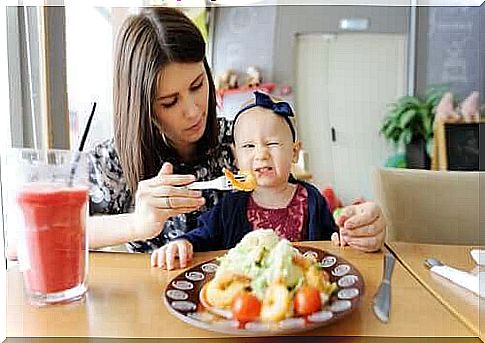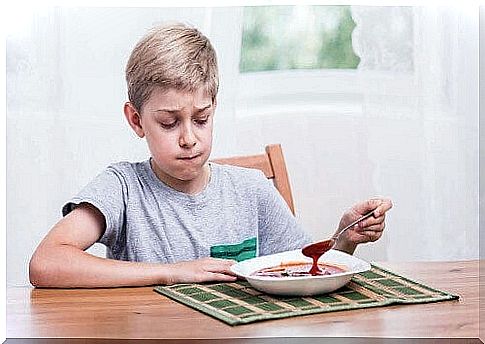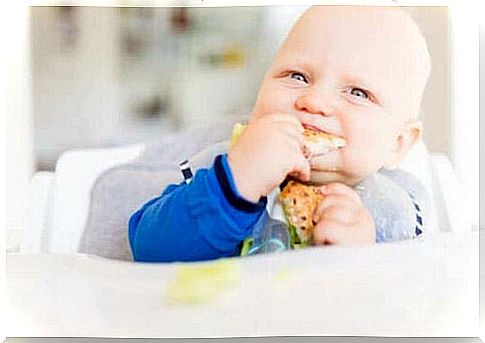How Children Develop Their Taste In Food

As mentioned earlier, genes have a lot to do with what we like to eat or not. But it is not that simple. This can change the taste of food and we can adopt different eating habits over time. Read on below to learn more about how children develop their food tastes.
How does the taste of food develop?
First of all, it all starts in the uterus. During the first 7 to 8 weeks of pregnancy, fetuses develop taste buds. The baby receives all of its nutrients from the mother through the umbilical cord and amniotic fluid.
Later, while breastfeeding, babies begin to taste what their mothers eat. When the baby eats something new, he or she prefers flavors that are similar to foods previously consumed. Repeated consumption affects this, as does social environments and what babies feel when they eat. Even their culture can determine their food tastes.

The influence of breastfeeding on food taste
Breast milk has far more benefits than baby formula, but sometimes babies are simply not interested or mothers cannot produce enough breast milk. However, studies show that breast milk makes it easier for babies to try new foods.
Perception of saltiness
This begins to develop naturally at 4 months of age. By 2 years old, babies usually crave salty foods. Mothers who eat a lot of salty foods during pregnancy are more likely to give birth to underweight babies. However, you can raise yourself and your baby to eat a less salty diet.

Sweet things have never made anyone bitter
Children love sweets. Because of the zones they activate in our brain, sweet aromas are associated with good feelings. Even a small amount of sugar can make a child’s heart beat faster. This knowledge is based on various studies relating to the sweetness of breast milk.
Sweetness is also associated with parties and celebrations, it gives us a sense of joy. Maybe that’s why we eat chocolate when we feel bad. However, some genes can make this look different in some people, which is why they can consume little sugar at a time.

But things can also get sour very quickly
The acidity was characteristic of certain green, poisonous, prehistoric fruits. Some people got sick and others even died after eating these fruits. This is why children can be programmed to hate some foods like broccoli or Brussels sprouts.
Everyone has receptors on their tongue that are triggered by sweetness or acidity. If your child is sensitive to sugary tastes , they are unlikely to eat a lot of sweets. However, it is quite possible that the child will eventually get a taste for it after 10 or more attempts.









